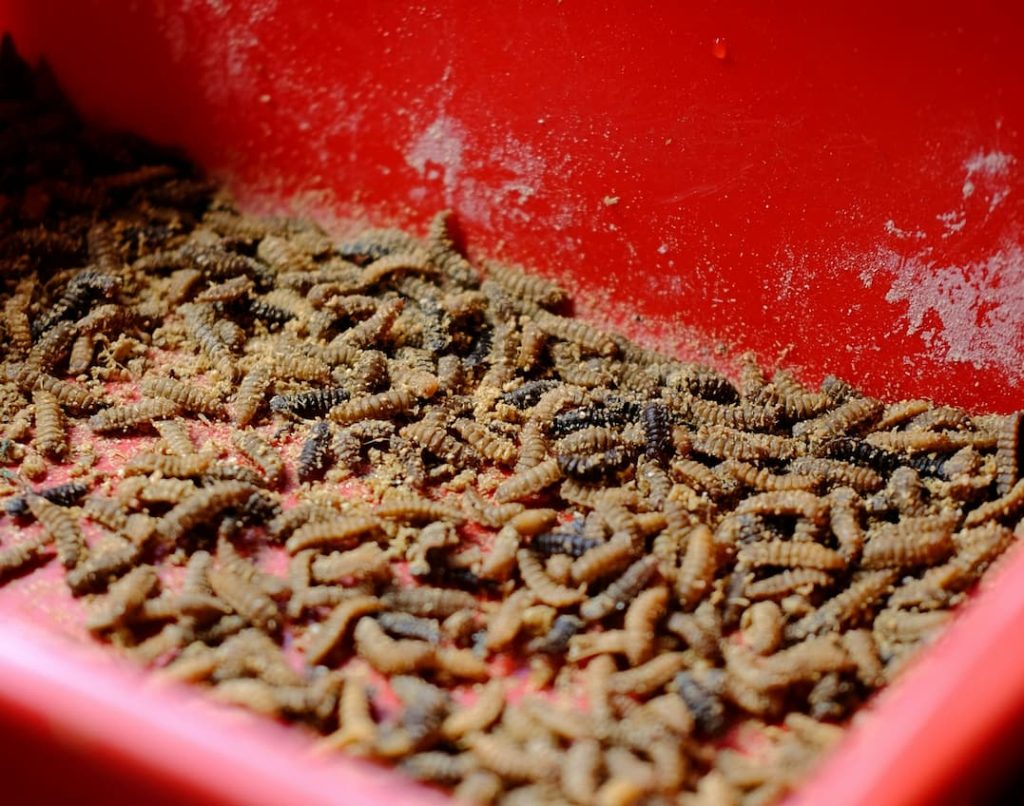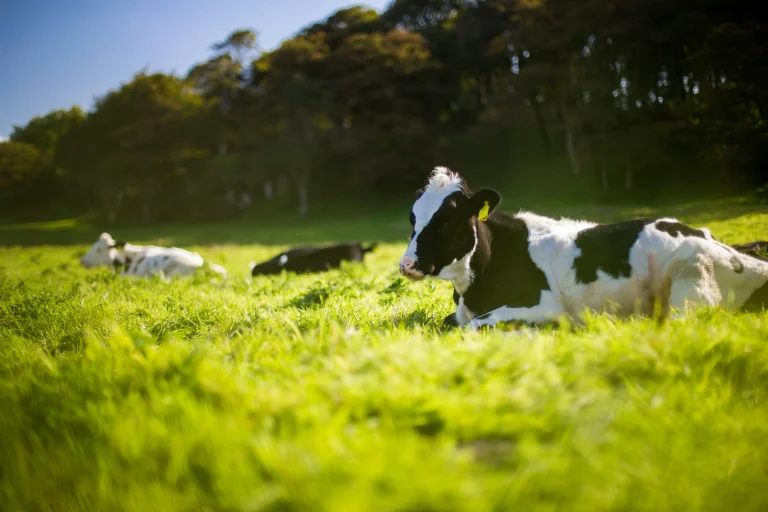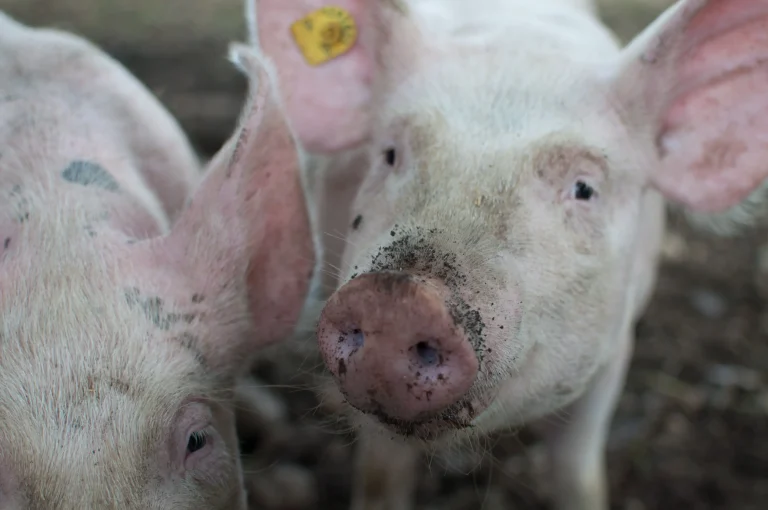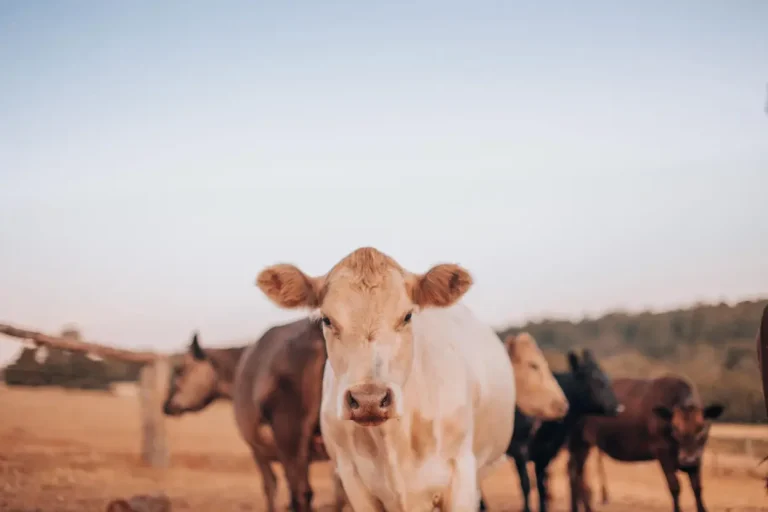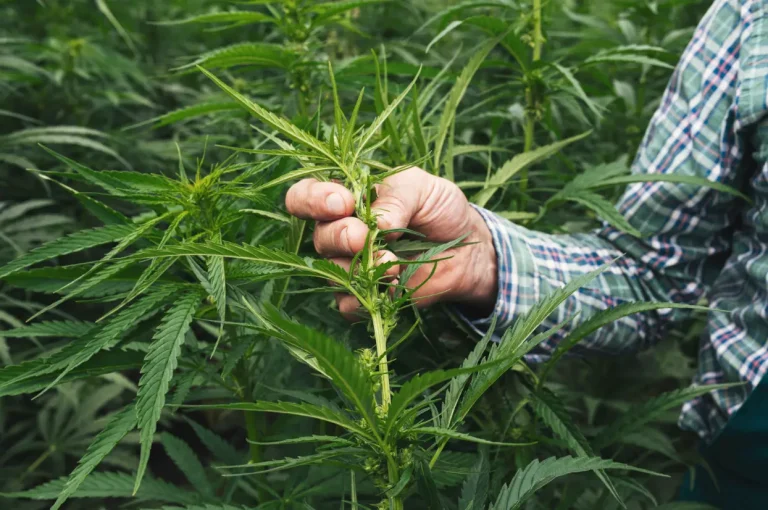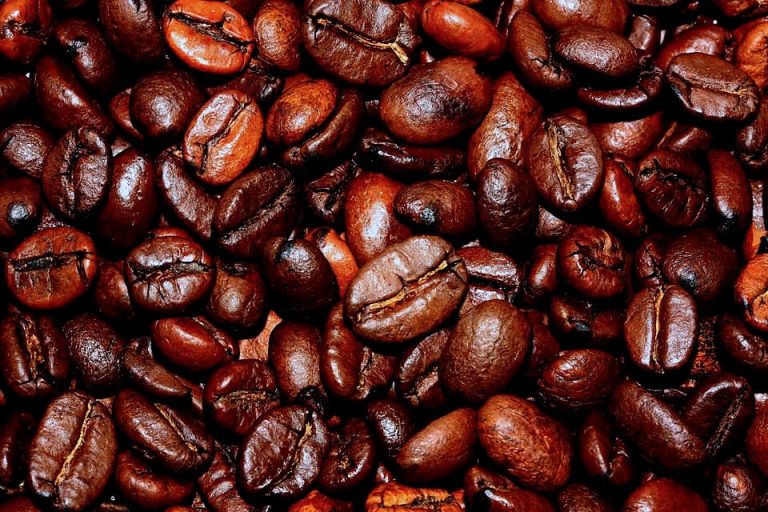Insect farming may be overstating claims on economic viability and environmental impact, according to an industry analyst — but refocusing efforts could help make a bigger difference.
A decade after the UN’s push, insect farming faces setbacks
It is over ten years since the UN came out strongly in support of eating insects, putting momentum behind a wave of venture capital pouring into insect farming. Since then, the mood in the insect production industry has dampened somewhat, with several insect farming companies going bankrupt or into administration following initial high levels of investment, including the likes of Ynsect, Agroprotein and Agronutris.
Research by Corentin Biteau and his team from France’s National Observatory on Insect Farming (ONEI) has highlighted some of the reasons why.
Speaking at the Royal Entomological Society’s meeting on Insects as Food and Feed, Biteau pointed to studies by his team showing that low consumer acceptance and limited investment mean that insect-based foods are not likely to result in significant reductions in meat consumption, especially when plant-based substitutes are more readily accepted.
Feeding waste—or competing for It?
There are also problems with circular systems proposed to produce insect feeds for livestock from food waste, he said. Waste products have variable quality, which often leads insect farms to use high-quality feeds already in demand by other sectors. Legislation has also held the industry back, he noted, pointing to the difficulties in using food waste as a substrate for insects.
Other problems are what he says are the “unfounded assumptions” insect farming is based on. These include outdated environmental studies, an assumption that insects will be fed on food waste, and theoretical price projections that don’t hold up under commercial conditions. Biteau’s most recent work suggests that if insect are not fed on food waste, their use in livestock feed and pet food has a larger environmental impact than conventional options.
Ultimately, insect feeds have yet to get near price-competitive with mainstream soybean and fishmeal options, he said, with challenges scaling up and reducing overheads.
“There are many challenges that needs to be overcome before insect farming can make a large positive contribution to sustainability in Western countries, because extremely optimised systems are needed for economics to make a difference, and it’s just very, very difficult,” said Biteau.
Toward a smarter, more contextual future for insects as feed
The industry needs a shift in emphasis, he suggested.
“We should be careful before saying that insects are sustainable as a broad statement. Insect farming can increase environmental impact in a number of cases, but there could be specific contexts where insect farming provides benefits. Future research needs to focus on that,” he said.
As well further optimisation of production processes, he called for analysis of precise environmental performance in different contexts, improving feed consistency and addressing regulatory and logistics challenges.
Biteau’s findings have been echoed by insect farming industry leaders, with some hailing a move away from a venture capital-backed ‘gold rush’ to targeted use of insects as a circular waste management measure. Several speakers at the Insects as Food and Feed event also stressed the importance of access to local, high-nutrient waste supply chains in areas with suitable climates to limit energy input requirements, as well as close connections to farmers who are using the final products.
Key takeaways
- Insect farming’s economic and sustainability claims may be overstated, analysts warn.
- Many insect startups have collapsed despite early investor enthusiasm.
- Feed quality and regulation are key barriers to circular insect farming.
- Environmental benefits depend heavily on using true waste materials.
- Experts urge focus on targeted, context-specific insect feed applications.
Want to read more stories like this? Sign up to our newsletter for bi-weekly updates on sustainable farming and agtech innovation.
